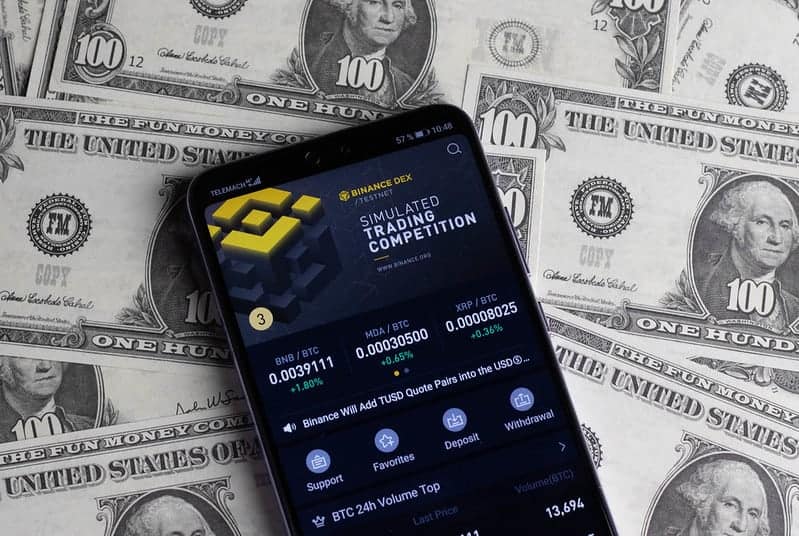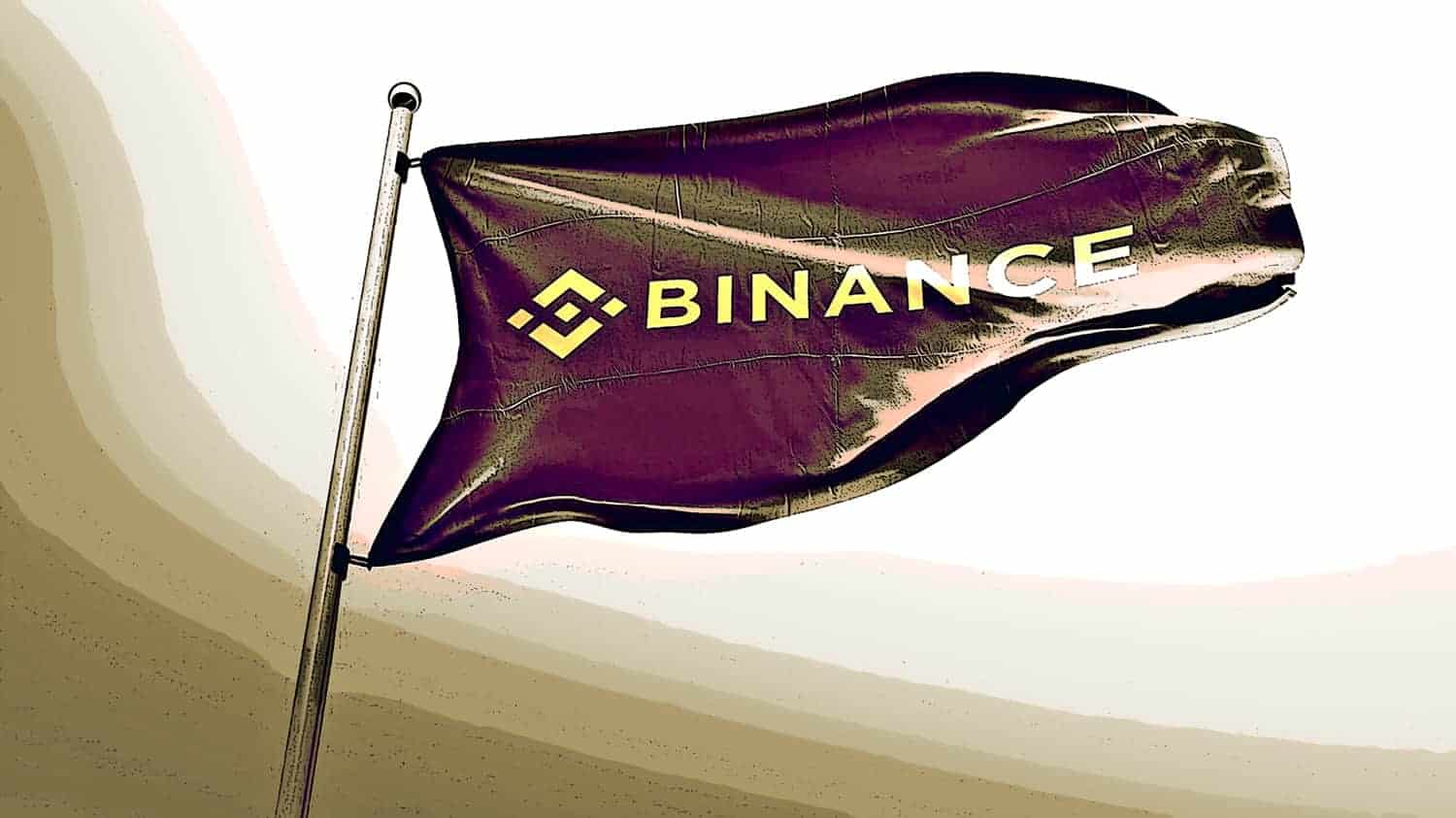Binance, the world’s biggest cryptocurrency exchange, is doubling down on derivatives by launching “COIN-margined” perpetual futures contracts that are denominated in bitcoin and have margins of up to 125x.
A perpetual contract is a derivative that is similar to a traditional futures contract. But rather than settling once a week, month or quarter as a traditional futures contract would, a perpetual contract doesn’t have a set expiry or settlement and is potentially permanent.
While Binance has previously offered a number of derivatives products, including perpetual futures denominated in dollar-pegged Tether, this is the first product that they called “inversed,” (think: using commodities like oil to buy USD, or in this case, bitcoin) margined and priced in crypto instead of fiat. This would be an industry-first, as such products usually would be denominated in fiat or a stablecoin.
The value of a robust derivatives market is to help stabilize the underlying asset and prevent price manipulation. In the traditional commodities market, the derivatives market size could be 100x times the actual size of the value of the market of the underlying asset. In the traditional crypto market, it’s 2-3x.
“Cryptocurrencies emerged from the intersection where digital technology and finance meets, and each time market conditions changed, we have observed how crypto assets work to adapt,” Aaron Gong, Binance’s vice president in charge of its futures business, told Forkast.News. “Whether it’s increased use of digital currencies due to the pandemic, or understanding how signature events like bitcoin’s third halving would affect market supply, it’s important for us to learn and innovate since this is clearly a high-growth and fast-developing economy.”
As digital assets move more into the domain of institutional investor-grade products, Binance’s crypto-denominated perpetual futures are another tool used to diversify investor portfolios.
“Coin-margined futures allows institutional funds to access futures markets while keeping the upside on any capital appreciation on their crypto collateral,” Vince Kwok, Binance’s vice president in charge of institutional business, told Forkast.News. “Miners are also able to hedge their positions while keeping their BTC holdings.”

See related article: Are US regulators finally warming to crypto and digital assets?
Kwok added that institutional investor interest in the space continues to be strong, with the firm onboarding 24% more institutional investors in the second quarter of the year compared to the first.
“The returns on crypto-currency trading strategies are drawing more and more traditional institutional investors to look into this asset class,” Kwok said. “In the second half of 2020 I fully expect this to continue.”
But should all things be perpetual?
Perpetual contracts are not new in the crypto world. Aside from Binance, BitMEX also offers these derivative products.
Though these instruments can guard against price manipulations, the big issue with Binance’s perpetual contract is its risk. There could be a big difference between market movements and the value, or position of the swap in a way that could make losses perversely advantageous. This is the crypto version of the phenomenon of negative convexity found in traditional, non-crypto markets).
As the market moves away from the position staked out by the swap, gains will build up slowly while losses will accrue and compound faster. This is where, in the non-crypto world, a CCP (central counterparty clearing house) would step in, to guarantee trades. This is the entity, common in major traditional banks, that could facilitate the transaction and settlement into a fiat currency to increase efficiency and stability and reduce the legal and default risks.
But this is the Wild West of Crypto world, not traditional finance. Given the lack of crypto CCPs, large exchanges like Binance have insurance that can reduce counterparty default risks by offering compensation to traders with winning positions. Still, these products are not regulated, and even the best insurance safety nets have limits. If crypto prices ever go into cataclysmic swings, who would get their payout and what are the guarantees?




